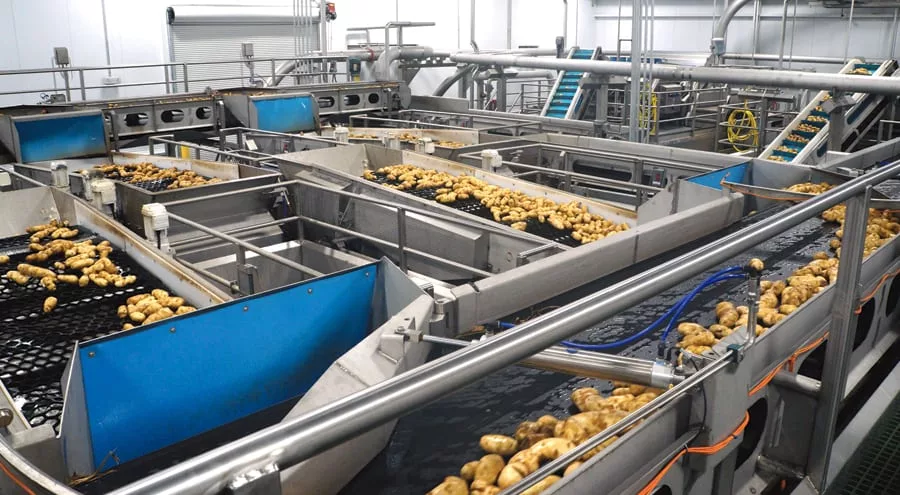
Home » Benton, Franklin counties’ manufacturing job growth slows
Benton, Franklin counties’ manufacturing job growth slows

June 14, 2018
Jobs in manufacturing have slowed down progressively during the last year across Benton and Franklin counties. The region appears to finally be catching up with the state growth rate for manufacturing jobs, which has been minimal.
The most recent figures from the Bureau of Labor and Statistics for April 2018 show manufacturing jobs have decreased 8.8 percent over the year, falling from about 8,000 last spring to 7,300 this year for non-farm manufacturing roles. Year over year, there were layoffs at the start of the year that were made up for in later quarters. It’s not yet clear if the same trend will follow this year as well.
During the last decade, the total job growth for manufacturing in the region has been about 1,000 positions.
When expanded statewide, manufacturing growth has been more dismal.
“The state has never recovered from the recession,” said Ajsa Suljic, regional labor economist for the state Employment Security Department.
Washington gained 500 jobs in manufacturing over the last year. Most of the losses connected to the recession were in durable manufacturing positions, which can be responsible for creating bigger ticket items.
Suljic said some of the slow growth may be related to the automation connected to manufacturing positions that sometimes replace the need for humans. But Suljic said the numbers still balance out.
“For every automation, there’s another job created elsewhere that may be out of manufacturing. (Automation) is impacting the hands-on workers statewide,” she said.
On the whole, Suljic said manufacturing is one of those innovative industries with a lot of engineering and dynamics. While this can reduce the need for hands-on workers, industries like food manufacturing still require a person to monitor things, like quality assurance.
The majority of manufacturing jobs across Benton and Franklin counties are connected to roles in the food or beverage industries, but still aren’t a large driver of the region’s overall economy. Manufacturing accounts for less than 4 percent of total employment in the Tri-Cities.
“It’s still a good base for us to have,” said Suljic, adding that jobs are not clustered in one spot.
Many of the food-related roles are connected to food processing, due to the large amount of raw product in close proximity, with a big focus on potatoes.
Last fall, Lamb Weston opened a new potato processing line in Richland, creating about 150 jobs. Another 100 jobs were expected from the secondary impact to the line opening, a trickle-down effect that is commonly associated with manufacturing positions.
Administrators at Tri-Tech Skills Center in Kennewick have found it challenging to introduce students to jobs in manufacturing, recently merging its manufacturing program with drone aviation in hopes of upping the interest level.
“It’s hard for today’s generation to understand the Xbox doesn’t just appear,” Suljic said. “It has a whole process of getting to your house.”
Local schools that train future manufacturing workers include Tri-Tech for high school students, and Columbia Basin College, where students can pursue an associate’s degree in manufacturing technology.
For those who continue their education in the field, jobs can be lucrative and well-paying in some forms of manufacturing, like durable goods, which commands an average annual salary of $65,670 for workers in Benton and Franklin counties.
Suljic said it’s still important to recruit for all levels of workers to avoid a skills gap. Despite a lack of large growth in worker demand for manufacturing jobs, the average manufacturing worker in the Tri-Cities across all specialties can still earn $50,085 annually, for jobs that are considered stable and offer the opportunity for growth.
Local News Manufacturing
KEYWORDS june 2018





